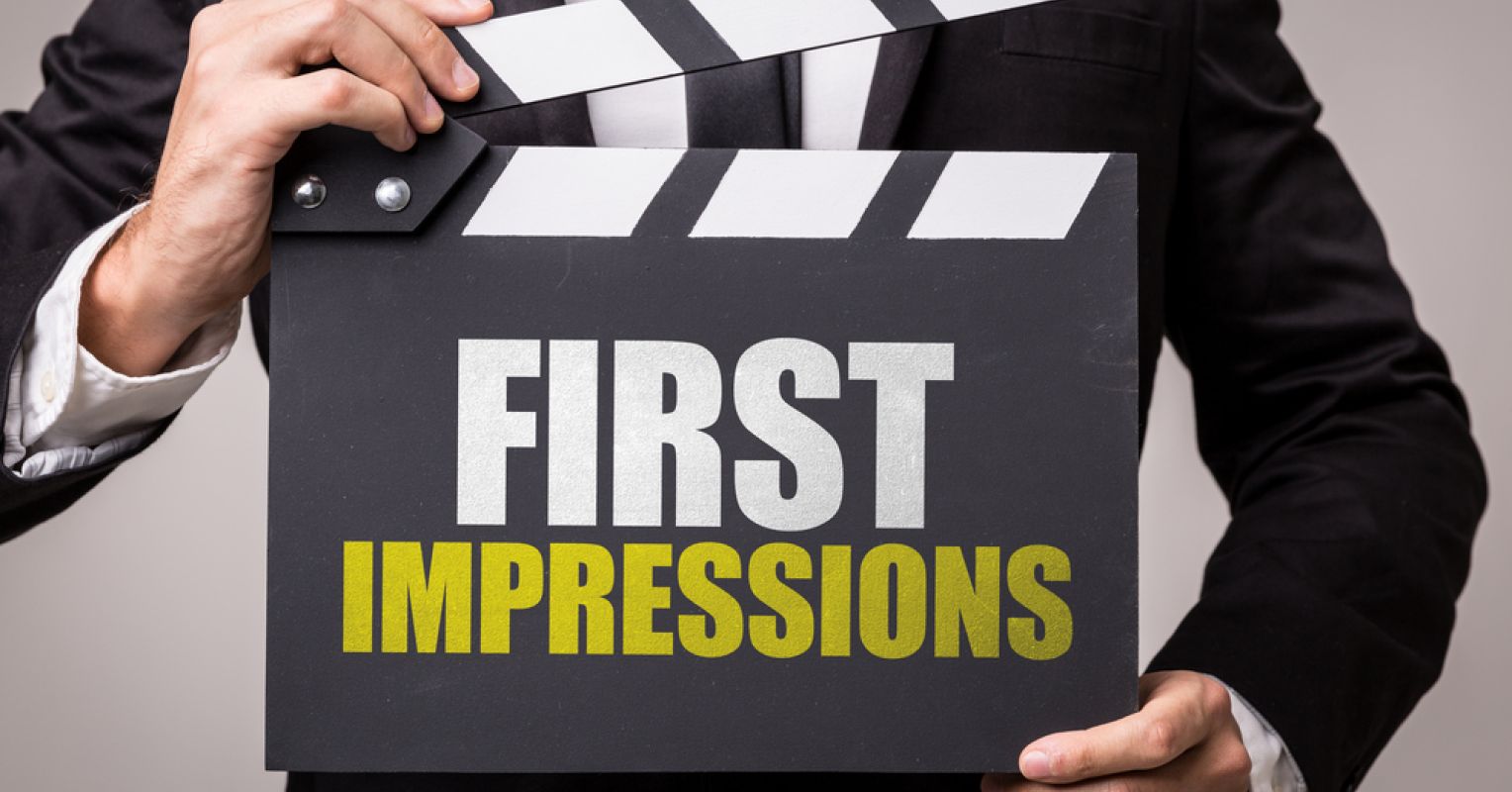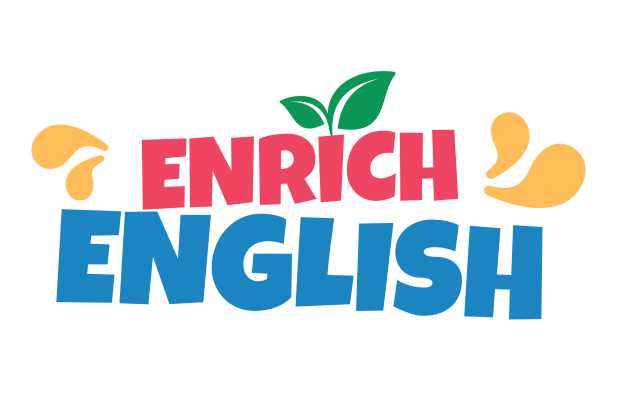Introducing yourself
Learn how to introduce yourself in a simple and clear way to make a good first impression.

Part 1
Warm-up
Answer the questions
What did we discuss in the last lesson?
Do you often introduce yourself to new people in your work?
How comfortable do you feel when you have to tell someone about your job?
Part 2
Vocabulary
Read the word, its’ meaning, and the examples
Then make up your own sentences using the word.
essential
/ɪˈsenʃl/

completely necessary; extremely important in a particular situation or for a particular activity
It is essential to meet the project deadlines to ensure client satisfaction
Water is essential for maintaining good health and proper bodily functions
impression
/ɪmˈpreʃn/

an idea, a feeling or an opinion that you get about somebody/something, or that somebody /something gives you
Her speech made a good impression on the boss
First impressions are important when meeting new people
networking event
/ˈnɛtwɜːrkɪŋ ɪˈvɛnt/

a gathering where people meet to make professional connections, share information, and seek opportunities for cooperation or business.
I attended a networking event to meet potential clients for my business.
break the ice
/breɪk ðiː aɪs/

to make people who have not met before feel more relaxed with each other
To break the ice at the meeting, the manager started with a fun team-building activity.
He told a funny story to break the ice on their first date
effortlessly
/ˈefərtləsli/

in a way that needs little or no effort, and that seems easy
He solved the math problem effortlessly.
During the presentation, she answered all the tough questions effortlessly, impressing everyone in the room
enhance
/ɪnˈhæns/

to increase or further improve the good quality, value or status of somebody/something
Reading a variety of books can enhance your vocabulary and comprehension skills
Meditation can enhance your ability to focus and reduce stress
Make up your own sentences using the words.
Part 3
Reading comprehension
Read the article and answer questions.
Teacher helps student correct their pronunciation.
The importance of knowing How to self-introduce
Being able to introduce yourself properly is an essential skill. It allows you to make a positive first impression, which is crucial when meeting new people. A thoughtful introduction provides key information about who you are and what you do, helping others to understand you quickly. This skill is particularly important in various settings such as job interviews, networking events, and social gatherings.
A good self-introduction typically includes your name, your occupation, and a brief mention of your skills or interests. This not only helps to break the ice but also sets the stage for meaningful conversations and connections. Mastering this skill can open up new opportunities, build strong relationships, and enhance your confidence. Practicing how to introduce yourself ensures that you can do it effortlessly and effectively, making a lasting impression on those you meet.
Check your understanding
Why is it good to know how to introduce yourself?
What should you say in a self-introduction?
Where is self-introduction important?
Sample answer
- It helps you make a good first impression when meeting new people.
- You should say your name, your job, and something you are good at or like.
- It is important in job interviews, networking events, and social gatherings.
Part 4
Introduce yourself
- Start with your name: What is my full name, and do I have a preferred name I go by in professional settings?”
- Mention your current position: What is my current job title, and what does my role entail?
- State your company or affiliation: Which company or organization am I currently associated with?
- Highlight your expertise/special skills: What are my areas of expertise or special skills that are relevant to my current role?
- Mention your experience: How many years of experience do I have, or what are some notable projects I’ve worked on?
- Express your interests or goals: What am I passionate about in my field, and what are my professional goals?
- End with an invitation to connect: How can I express openness to future discussions or opportunities?
Template
Hi, my name is [your full name],
and I’m currently working as a [your job title] at [your company/organization].
I specialize in [your expertise/special skills], and I’ve been in this field for [number of years/notable projects].
I’m really passionate about [your interests/goals], and I’m always looking to [what you want to achieve].
I’d love to connect with others who share similar interests or can provide insight into [related topics or goals].
Teacher can guide student more or just free talking to introduce.
Can follow-up these questions
- Can you tell me more about your what you do as a [Job Title]?
- How did you get started in [Industry/Field]?
- What do you enjoy most about your job?
- What are some of the biggest challenges you face in your position?
Vocabulary for this part:
- Background – Your personal history or professional experience.
- Career – The series of jobs and experiences through which one has developed professional skills.
- Credentials – Qualifications, achievements, personal qualities, or aspects of your background that you’ve earned.
- Dedicated – Committed to a task or purpose.
- Enthusiastic – Showing intense and eager enjoyment, interest, or approval.
- Expertise – Specialized knowledge or skills in a particular area.
- Graduate – Someone who has completed a degree at a college or university.
- Innovative – Featuring new methods or ideas.
- Multilingual – Able to speak several languages.
- Networking – Interacting with others to exchange information and develop professional contacts.
- Objective – A goal or aim that you are working towards.
- Professional – Relating to or connected with a profession.
- Qualifications – The education, skills, and experience required to do a particular job or activity.
- Reliable – Consistently good in quality or performance; dependable.
- Specialize – To focus on a particular area of study or work.
- Team player – Someone who works well with a group of people to achieve a goal.
- Versatile – Able to adapt or be adapted to many different functions or activities.
- Work ethic – The principle that hard work is intrinsically virtuous or worthy of reward.
- Ambitious – Having or showing a strong desire and determination to succeed.
- Collaborate – Work jointly on an activity or project.
Part 5
Role-play
You (student) are attending a networking event where you meet a potential customer (teacher).
You
Hi, I’m ______, an _____. It’s great to meet you. What’s your name?
Hello _____, I’m ____. I run a local business. Nice to meet you too.
Teacher
You
That’s interesting, _____. What kind of business do you have?
I have a ______
Teacher
You
(student tries to introduce themself and and ask for connecting).
I’d love to connect and discuss potential collaboration opportunities.
Join and discuss with student….
Teacher
You
Fantastic. I’ll give you my business card. Please feel free to call me so we can arrange a meeting to go over your needs.
You too. I’d be happy to discuss more.
Teacher
Part 6
Discussion
Let’s use the vocabulary you’ve learned during the lesson and talk about the following topics/questions freely!
Teacher helps student expand and correct the answers
How can you make a good first impression when you introduce yourself?
Why is smiling important when you say hello?
What information do you think is essential to include in a self-introduction more?
How does body language impact a self-introduction?
What’s the best way to remember someone’s name?
Is it good to talk about your hobbies when you first meet someone? Why?
Review
Let’s review the lesson with teacher
6 words and phrases in the lesson
Introduce yourself
See you next lesson
Homework
Do homework
Write down your introduction, refining what was practiced in class.
Practice & record your voice then sending to teacher in the skype group

